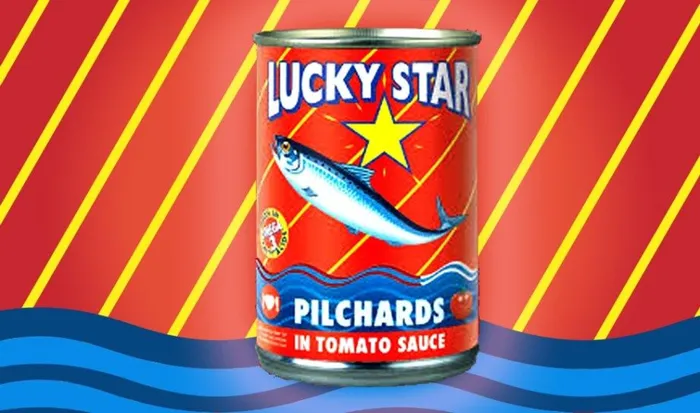Oceana Group forecasts sharp decline in earnings as fish oil prices plummet
FISHING

Oceana said its Lucky Star canned pilchard volumes increased by 1% in the 11-month to end August, due largely by export demand, as local demand, was flat.
Image: Supplied
Oceana Group, one of South Africa's leading fishing products companies, has issued a stark warning regarding its financial performance for the year ending September 30, 2025 - a drop of at least 40% in headline earnings per share (HEPS).
This would likely translate to a fall of over 367 cents per share from the prior comparative period's 917.6 cents. This expected downturn is primarily attributed to the sharp decline in fish oil prices, which have halved from record highs seen last year.
The significant decrease in fish oil prices has been linked to a recovery in the Peruvian anchovy biomass, a situation that has led to a market correction following extraordinary price levels in the previous year. In addition, Daybrook's performance has suffered notably, contrasting sharply with its exceptional earnings from the prior period.
Results for the 11 months ending August 24, 2025, have reflected ongoing challenges, as the group reported lower revenue and profitability due to an average 50% decline in fish oil sales prices.
Despite these setbacks, Oceana's Lucky Star food division has shown resilience, enjoying a steady consumer demand coupled with increased local production volumes.
The Hake segment, in particular, reported substantial improvements with better catch rates and sales prices, reflecting Ocean Group's ability to adapt in segments less affected by external market pressures.
Horse mackerel, however, has not performed as robustly. Despite experiencing strong demand and steady sales prices, the lower catch rates observed in both South Africa and Namibia have hindered its overall performance.
On a positive note, Lucky Star foods achieved a modest 1% growth in volumes, predominantly driven by export demand. Local canned fish volumes have stayed stable despite economic pressures leading to subdued consumer spending.
In the pilchard segment, landings were noted to be 4% higher than the same period last year, with strong catches in the first half somewhat balanced out by weaker landings in the latter half.
Oceana's Africa fishmeal and fish oil business, while processing 18% more volume due to increased pilchard trimmings and higher industrial fish landings, still saw its operating profits decline due to lower sales prices for fishmeal and fish oil. Inventory levels decreased towards the end of the period thanks to heightened sales activity.
Across the Atlantic, the new Gulf Menhaden fishing season witnessed landings that were 16% higher than the same week in 2024, although prices were impacted negatively by lower US dollar prices for both fishmeal and fish oil.
The Wild Caught Seafood segment has displayed encouraging trends, significantly bolstered by improved hake performance and a reduction in losses from horse mackerel. Furthermore, a better reliability of the Desert Diamond has allowed for an increase in sea days, although this benefit was moderated by disappointing catch rates in Namibia.
BUSINESS REPORT